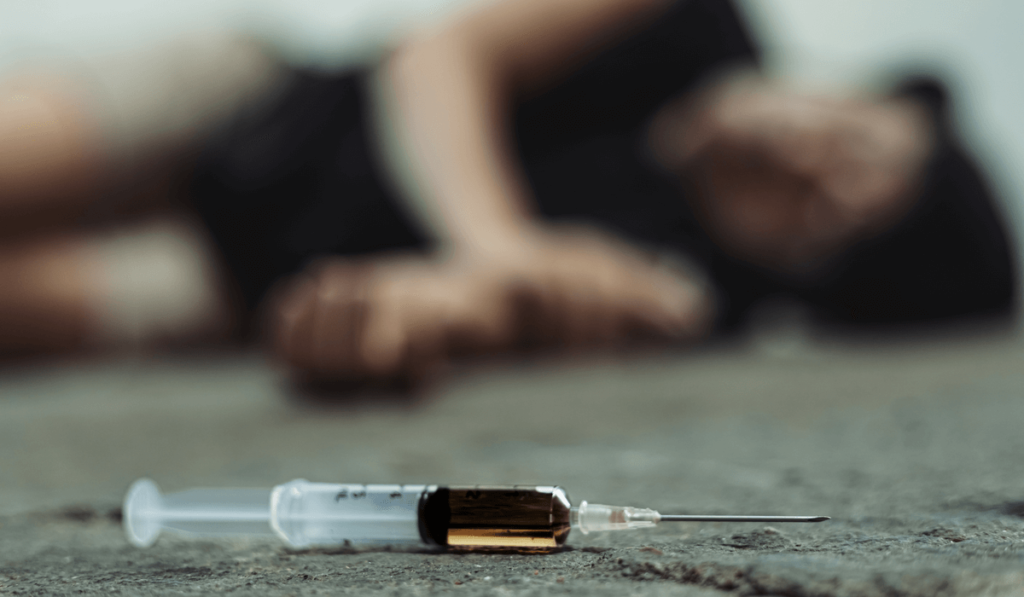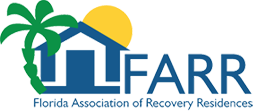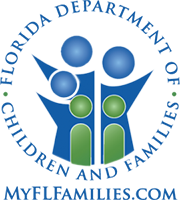Heroin, produced from the opium poppy, is a lethal opioid that can be fetal even after just one use. Unfortunately, the United States has seen a surge in heroin addictions and overdose over the last several years, as people turn to heroin when they no longer have access to potent prescription opioids such as hydrocodone and oxycodone. Treatment for a heroin overdose can be lifesaving, however, swift action must be taken for the best possible outcome.
Risk Factors for Heroin Overdose
The Center for Disease Control has reported that overdoses have increased by 137% since 2000 and there has been a 200% increase in opioid overdose deaths. These statistics are a grim reminder of just how potent and dangerous heroin is. Risk factors for an overdose include:
- Mixing opioids with stimulants such as Speed or Meth
- Having overdosed in the past
- Poor nutrition, underlying medical conditions such as cardiac complications, and a weakened immune system
- Consuming heroin that is mixed with Fentyanl
- Use after a period of sobriety
- Using large amounts of Heroin
- Injecting the drug
Signs of Heroin Overdose
Recognizing the signs of an overdose is imperative in getting someone help quickly. Typically the person will stop breathing and permanent brain damage can occur as a result. Other signs of an overdose are:
- Unusually pale skin
- Blue discoloration around lips, tongue, or fingers–a result of no oxygen getting to those parts of the body
- Slow, shallow breaths or gasping for air
- Drowsiness or inability to rouse
- Nausea or vomiting. If this is the case, turn the person on their side to avoid aspirating
- Pinpoint pupils
- Coma
- Weak, thready pulse
- Low blood pressure
- Change in mental status
Signs of a heroin overdose can occur within ten minutes of injecting the drug, so vigilance and awareness of the symptoms are important.
Heroin Overdose Treatment: What to Do if One Occurs
As mentioned before, heroin overdoses are a time sensitive event, so if you suspect someone has overdosed call 911 right away. If you know the person, stay with them until help arrives so you can provide pertinent information to the responding medical providers. Good Samaritan Laws protect individuals who help in a medical emergency or are present on the scene when police arrive from accruing any legal charges.
Naloxone, or Narcan, is an opioid analgesic used to quickly reverse an opioid overdose. It works by binding to the opioid receptors in the brain and as a result blocks the effects of the drug. Narcan swiftly restores the person’s breathing and is essential to the recovery process. Once they arrive at the hospital, they will receive IV fluids and vomiting may be induced.
Treatment for Heroin Addiction
Addiction is a complex disease that requires individualized treatment to ensure the best possible results. At The Source Treatment Center, addiction treatment starts with treating coexisting conditions that often contribute to drug use, such as PTSD, abuse, or other mental health conditions. Upon arrival at their beautiful facility, clients will receive a thorough psychosocial assessment and a medical exam. This information helps develop a treatment plan that is unique to your individual needs and experiences. Therapy is a key component in their treatment and you will have access to a variety of forms, including, group, individual, and several forms of trauma therapy to name a few. The Source offers multiple levels of care to provide the best care for your needs. They have recently been certified by the Florida Association of Recovery Residences in recognition of their superior programs and resources for their patients. If you or a loved one are interested in learning more about how The Source can help you get started on your road to recovery, please call our treatment specialists at (800)204-0418 or online at www.thesourcetreatmentcenter.com.


 The Source quite frankly saved my life and got me back on track, never giving giving up on me. When you are thinking about and looking through all of the different places to go for treatment this is the one that should stand out from the rest.
The Source quite frankly saved my life and got me back on track, never giving giving up on me. When you are thinking about and looking through all of the different places to go for treatment this is the one that should stand out from the rest.




























